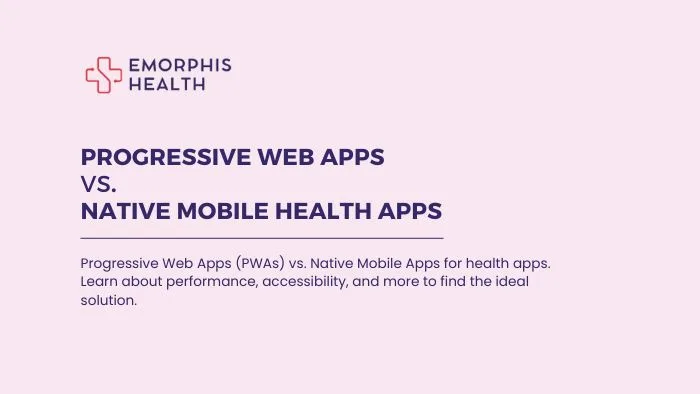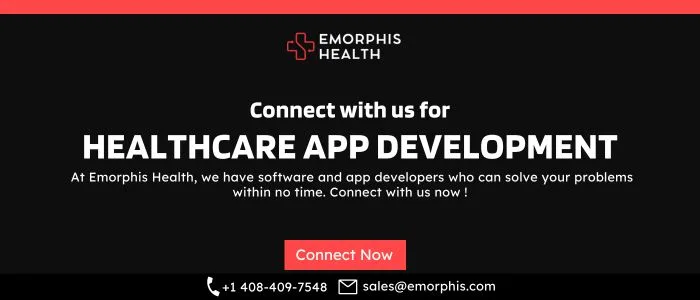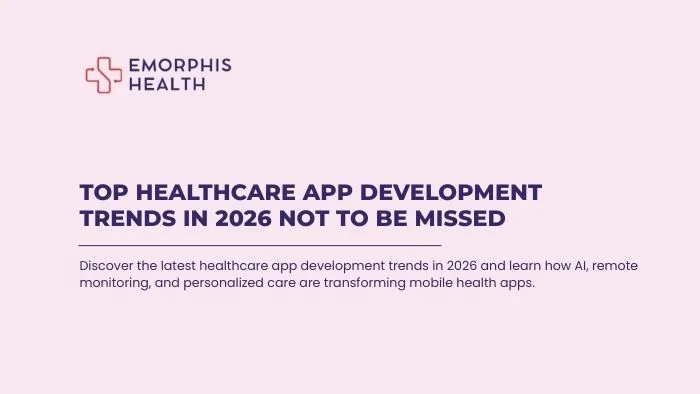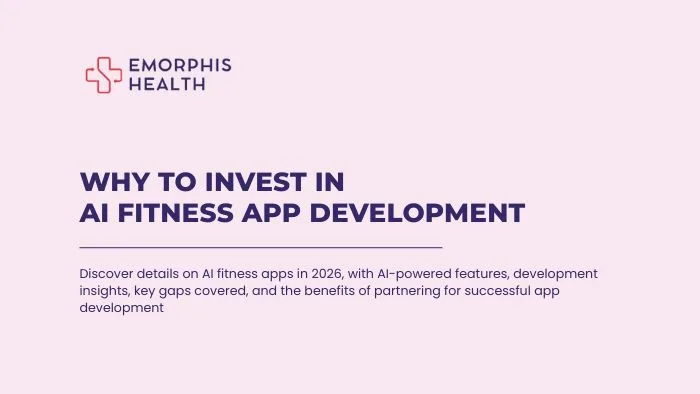In the ever-evolving world of health tech, choosing the right app development approach is like picking the perfect prescription – one size definitely does not fit all. Whether you’re a health app developer or a healthcare provider with a digital itch to scratch, you might be caught between the sleek, web-friendly appeal of Progressive Web Apps (PWAs) and the refined, platform-specific benefits of Native Mobile Apps. Both have their perks, but each excels in different scenarios.
In this blog, we’ll dive into the high-stakes arena where PWAs and Native Mobile Apps go head-to-head. Buckle up as we unravel the quirks and perks of each contender, helping you find the perfect match for your health app needs.
Today healthcare technology is at the forefront of innovation, striving to deliver better patient care and streamline healthcare services. When it comes to developing health apps, one of the key decisions is choosing between Progressive Web Apps (PWAs) and Native Mobile Apps.
Let us first check their definitions.
What Are Progressive Web Apps (PWAs)?
See Contents
Progressive Web Apps (PWAs) use cutting-edge web technologies to offer a user experience akin to that of native apps. They are designed to work on any device with a web browser, providing accessibility across multiple platforms without requiring separate development efforts. PWAs can be accessed through URLs and offer features like offline functionality and push notifications, making them a versatile option for developing health apps.
What Are Native Mobile Apps?
Native Mobile Apps, on the other hand, are designed specifically for a particular operating system, such as iOS or Android. They are downloaded and installed directly from app stores like the Apple App Store or Google Play Store. Native mobile apps offer an exceptionally tailored user experience with complete access to device hardware and system functionalities. For health apps, this means native apps can utilize advanced functionalities like GPS, sensors, and offline storage in a more integrated manner.
Now, as we got the definition, let us compare the differences with various features.
Comparing PWAs and Native Mobile Apps for Health Apps
1. User Experience and Performance
When it comes to user experience and performance, native mobile apps often hold the edge. Native apps are optimized for the specific platform they are designed for, resulting in faster loading times and smoother interactions. They can fully utilize device capabilities, providing a seamless and responsive experience for health apps that require real-time data processing.
Progressive Web Apps (PWAs), while improving in performance, may not always match the efficiency of native mobile apps. PWAs are designed to work across different platforms, which can sometimes lead to variations in performance. However, PWAs excel in providing a consistent user experience across various devices and browsers, which is beneficial for health apps aiming for broad accessibility.
2. Accessibility and Offline Capabilities
PWAs offer significant advantages in terms of accessibility. Since they are accessed through web browsers, they can be used on virtually any device with internet connectivity. PWAs also provide offline functionality by caching content and data, which is crucial for health apps that need to operate in low-connectivity environments.
Native mobile apps typically have more robust offline capabilities due to their deeper integration with device storage. Health apps developed as native apps can store data locally and synchronize it seamlessly when connectivity is restored, making them ideal for applications requiring extensive offline functionality.
3. Development Costs and Timeframes
Development costs and timeframes are key considerations for any health app project. Progressive Web Apps (PWAs) generally involve lower costs due to a single codebase that works across all platforms. This efficiency reduces both development time and expenses, making PWAs a cost-effective choice for health apps that need to be launched quickly.
Native mobile apps, however, require separate development efforts for iOS and Android platforms, which can significantly increase both costs and development time. While the initial investment is higher, native apps offer a tailored experience that can justify the expense for complex health app functionalities.

4. Maintenance and Updates
With Progressive Web Apps (PWAs), maintenance and updates are simplified thanks to their single codebase management. Updates can be rolled out instantly without requiring user intervention, ensuring that all users have access to the latest features and improvements.
In contrast, native mobile apps require updates to be submitted to app stores, where they must undergo review processes. This can lead to delays in getting updates to users and potential version fragmentation. However, the control over app updates allows for more targeted adjustments and enhancements in native apps.
5. Integration with Device Features
Native mobile apps excel in integrating with device features such as GPS, camera, and sensors. This deep integration is particularly beneficial for health apps that need to leverage these functionalities for tasks like tracking physical activity or monitoring health metrics.
Progressive Web Apps (PWAs) have limited access to some of these advanced device features due to browser restrictions. Although recent advancements have improved PWA capabilities, they still may not fully match the integration level offered by native mobile apps.
6. Security and Privacy
Security and privacy are critical in health app development. Native mobile apps can implement robust security measures and leverage platform-specific encryption protocols to protect sensitive health data. This is especially important for complying with regulations such as HIPAA in the U.S.
PWAs use HTTPS and service workers for secure data transmission, but they may face additional security challenges due to their web-based nature. Ensuring that PWAs meet the necessary security standards is crucial for health apps dealing with sensitive patient information.
7. User Engagement and App Store Presence
Native mobile apps benefit from being listed in app stores, which enhances visibility and credibility. Users are more likely to trust and engage with health apps that have a presence in reputable app stores.
PWAs, while not listed in app stores, can still engage users through web notifications and home screen icons. Although they may not have the same level of visibility, PWAs provide a convenient and accessible option for users.
Conclusion
Choosing between Progressive Web Apps and Native Mobile Apps for health apps involves considering various factors such as performance, accessibility, development costs, and security. Progressive Web Apps offer a cost-effective and accessible solution with a broad reach, while Native Mobile Apps provide superior performance and integration with device features.
For health apps that require extensive offline capabilities, high performance, and deep integration with device features, native mobile apps may be the preferred choice. However, for projects aiming to reach a wide audience quickly and cost-effectively, Progressive Web Apps present a compelling alternative.
Carefully evaluating the needs of your health app and weighing the benefits of each approach will guide you in making the best choice for your project.
You are looking to dive deeper into the world of healthcare app development and find out which approach best suits your needs?
Connect with the Emorphis Health app development team today!
Our experts are ready to guide you through the intricacies of Progressive Web Apps (PWAs) and Native Mobile Apps, helping you make informed decisions tailored to your specific healthcare goals. Whether you’re looking for a streamlined PWA that offers cross-platform accessibility or a robust Native App with advanced features, Emorphis Health has the expertise and experience to turn your vision into reality.
Reach out to us for a consultation, and let’s build the future of healthcare together!








